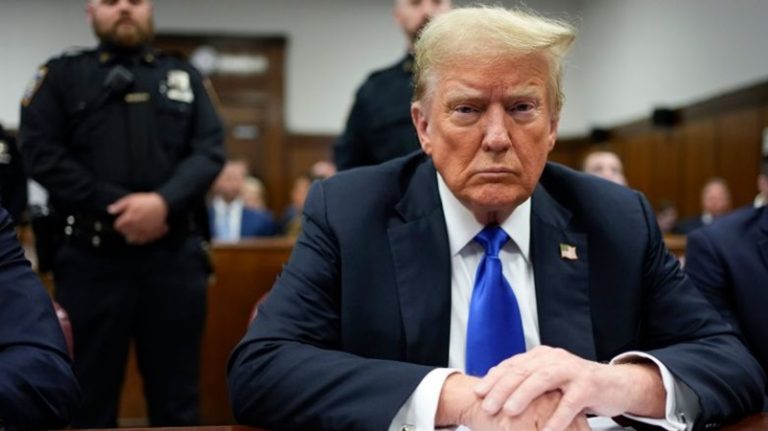
The recent events surrounding the former President Donald Trump have indeed raised concerns about political violence in the United States. It is a serious issue that affects not only the individuals directly involved but also the fabric of American society. Political violence, or the threat of it, undermines the democratic process and the principles of dialogue and peaceful disagreement that are foundational to the functioning of any democracy.
On Sunday there was a second attempt on Donald Trump’s life in this election campaign. In July a would-be assassin shot at him during a rally, nicking his ear and killing a bystander. This time the Secret Service spotted a rifle sticking out of a fence beside the golf course in Florida where Mr Trump was playing. The suspect was quickly arrested, and Mr Trump confirmed he is safe and well. The incident puts the Secret Service under new scrutiny. As for its impact on the election, Republicans and Democrats must again try to avoid politicizing a failed assassination.
The incidents involving Donald Trump have prompted a bipartisan call for the condemnation of violence and a reflection on the state of political discourse in the country. It is a moment that requires leaders and citizens alike to reaffirm their commitment to a politics free from violence and intimidation.
Register for Tekedia Mini-MBA edition 19 (Feb 9 – May 2, 2026): big discounts for early bird.
Tekedia AI in Business Masterclass opens registrations.
Join Tekedia Capital Syndicate and co-invest in great global startups.
Register for Tekedia AI Lab: From Technical Design to Deployment (next edition begins Jan 24 2026).
In these times, it is crucial to remember the importance of civil discourse and the power of words to either inflame or soothe tensions. The responsibility falls on everyone—politicians, media, and the public—to engage in conversations that promote understanding and progress, rather than division and fear. Political violence has been a recurring and unfortunate aspect of human history, often emerging during periods of intense social and political upheaval.
Here are some historical examples of political violence:
Assassination of Abraham Lincoln (1865): The 16th President of the United States was assassinated by John Wilkes Booth, an actor and Confederate sympathizer, at Ford’s Theatre in Washington, D.C. This event marked the first assassination of a U.S. president.
Wilmington Insurrection (1898): In Wilmington, North Carolina, white supremacists overthrew the local government, which was elected with a significant African American voter base, in a violent coup that left many African Americans dead or expelled from the city.
The Assassination of Archduke Franz Ferdinand (1914): The heir to the Austro-Hungarian throne was assassinated by Gavrilo Princip, a Bosnian Serb nationalist, leading to the outbreak of World War I.
The October Revolution (1917): The Bolsheviks, led by Vladimir Lenin, overthrew the Russian Provisional Government in a coup, leading to the establishment of the Soviet Union.
The Assassination of Mahatma Gandhi (1948): Mahatma Gandhi, the leader of the Indian independence movement against British rule, was assassinated by Nathuram Godse, a Hindu nationalist.
The Troubles in Northern Ireland (Late 1960s-1998): A complex conflict characterized by sectarian violence, paramilitary operations, and political strife between mainly Protestant unionists and mainly Catholic nationalists.
The Rwandan Genocide (1994): Political violence escalated into a genocide against the Tutsi population, with estimates of up to a million people killed.
The Assassination of Israeli Prime Minister Yitzhak Rabin (1995): Rabin was assassinated by Yigal Amir, an Israeli ultranationalist, due to his role in the signing of the Oslo Accords.
These examples illustrate the diverse contexts and motivations behind political violence, from ideological conflicts to power struggles and ethnic tensions. It is a reminder of the importance of dialogue, tolerance, and the rule of law in preventing such tragedies. For a more detailed exploration of political violence in American history, you can refer to the articles by TIME on the recent history of political violence in America and America’s long history of political violence.
As the nation moves forward, it is hoped that this can be a turning point towards a more respectful and safer political environment for all, regardless of party affiliation or political beliefs. The focus must remain on finding common ground and working together to address the challenges facing the country, while firmly rejecting any form of violence as a means of political expression.



